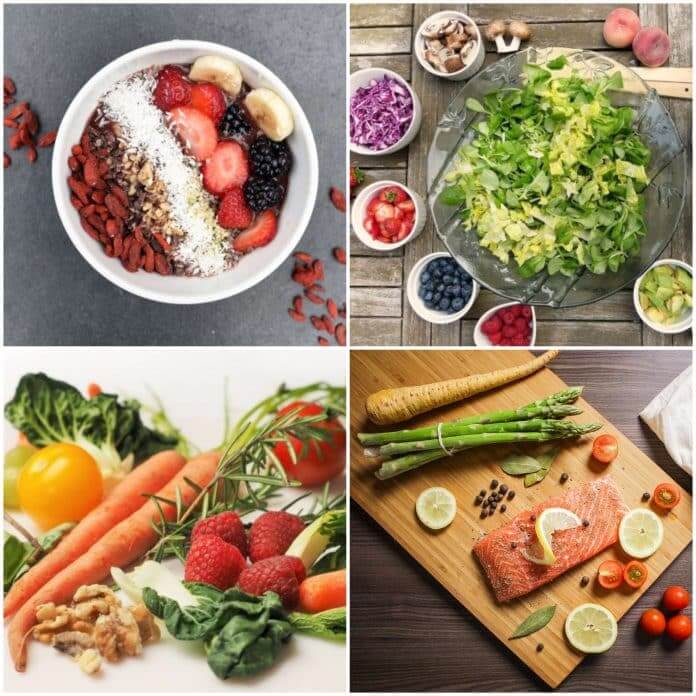Living in Melbourne, I get severe bouts of homesickness for traditional foods, and that is when I start calling my extended family for recipes. One afternoon, I called my great aunt for an uppuma recipe, her signature dish. That was the day I found out that she was suffering from dementia. The recipe was lost forever, but the good news is that my great aunt is still around, and I visit her when I can. She remembers my name. I have learnt to be happy with that.
Brain related disorders such as dementia are shaping up to be a huge public health burden in the world. In Australia, dementia is the second leading cause of death. While dementia can happen to anybody, it is more common in older people.
So, what exactly is dementia? Dementia is a group of symptoms that are a result of disorders affecting the brain. It involves loss of memory, thinking and reasoning, making daily living hard and taking its toll on the family and the person.
Unfortunately, there is no cure yet. While efforts are on to find a cure, the truth is we are better off trying to prevent dementia in the first place. Diet is a good place to start.

Our brain, a remarkable organ, is also the fattiest organ in the body, made of omega 3 which we can get only from food. These fats are an integral component of brain cells and maintain fluidity of the cell membrane. Any changes in the fluidity compromises learning and memory. So how much omega 3 do you need? Check out the table on this page. Is it possible to get that from food? Absolutely!
Nuts help you think
An exciting bit of research early this year from South Australia, was published in the Journal of Health, Nutrition and Aging. It looked at the diet of about 5,000 older Chinese over a nine-year period. The results were encouraging, showing that those who ate more than 10gms of nuts per day had a better chance of slowing cognitive decline. Adding nuts to your diet may have the potential to improve your ability to think. This is promising – while it cannot conclusively say that nuts arrest dementia, it shows us a way forward.

Why are nuts so cool?
Nuts are a plant-based food and a powerhouse of nutrients. They contain large amounts of essential healthy fats such as omega 3 in combination with dietary fibre, several B vitamins, and minerals such as calcium, iron, zinc and potassium. Nuts are also a good source of anti-oxidants and plant sterols. All these nutrients in a small package makes them an excellent addition to a diet on the move. Walnuts (akhrot) for instance are the best source of plant-based omega 3, absolutely essential for improving your mood. Studies also show that walnuts may decrease inflammation in the brain, improve memory and learning. So, get cracking! Add walnuts to your porridge, salads or eat them on their own.

There are other sources of omega 3, most common being oily fish such as mackerel, salmon and rainbow trout. As a nutritionist, I also encourage adding more plants to a daily diet. Here is a super cool plant which is rich in omega 3, and it’s easy to grow too.

A new plant in your backyard
Purslane (Portulaca oleracea L) is an edible weed, highly valued in Chinese medicine. It grows well in temperate, tropical and sub-tropical climates, making it an ideal weed to plant in Sydney, Melbourne or Brisbane. What is even more exciting is that it is a powerhouse of nutrients. Purslane is a rich source of omega 3 in combination with vitamin Bs and C, minerals such as potassium, magnesium, calcium, iron and anti-oxidants. You can buy purslane golden seeds from any reputed nursery.

Use purslane as part of your meals by adding its leaves or stems to salads, on their own or with a mesclun mix. Combine with walnuts to make an instant pesto, or a chutney for sandwiches. Make a south Indian poriyal, leaves chopped finely, seasoned with mustard seeds, curry leaves and dried red chillies, steamed and garnished with fresh coconut.
TABLE:
Recommended average intake of Omega 3
1-3 years 40mg
4-8 years 55mg
Boys 9-18 years 70-125mg
Girls 9-18 years 70-85mg
Men 19+ years 160mg
Women 19+ years 80mg
Adapted from www.nrv.gov.au/nutrients
Why fats can be good for you: how your diet can help ward off dementia

Reading Time: 4 minutes



